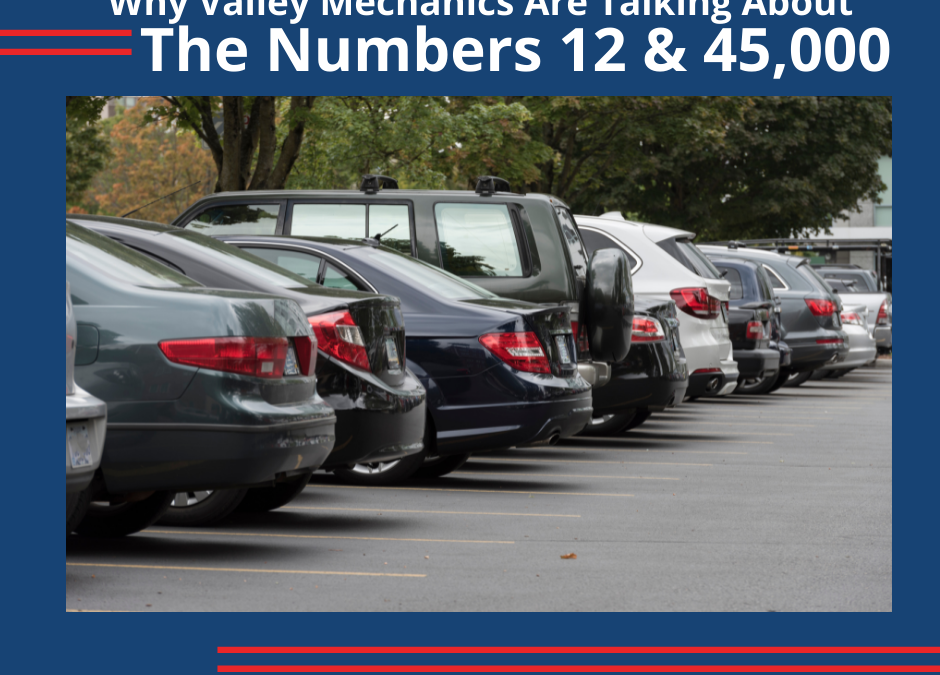It is a brand spanking new year and if you are like most of us, you have resolved to make some changes and improvements in your life. It’s no wonder then that January has been dedicated as Financial Wellness Month. We know that there are many aspects of our lives that could probably do with a little financial makeover, but today let’s just take a look at our vehicles and what changes we can incorporate to help improve our bottom line.
With the price of gas seeming to continuously creep up, it makes sense to look at fuel economy. One of the most commonly overlooked changes to help improve fuel economy is replacing the air filter. The air filter should be replaced at least once a year or if you drive a lot, every 12,000 miles. Clogged or dirty air filters can lower your gas mileage by as much as 20%, which is huge. It makes sense that city driving would be detrimental to your fuel economy; however you can help offset this by slowing down slowly at stops instead of fast breaking and then speeding up slowly as well when you get going again. Drivers who practice this, can realize up to 35% increase in their fuel economy.
Another surprisingly overlooked drain of gas is driving on underinflated tires. When your tire pressure drops, your fuel economy drops as well. When you keep your tires at the appropriate pressure (check your manual) you can save about 11 cents per gallon on gas.
Our vehicles are our conduit to the world around us, they take us to work, school, shopping, friend’s houses, doctor’s appointments, grocery stores, banks, post office, dry cleaners and the list just goes on and on. With all the rigors we put them through, it just makes sense to baby them a little, so go on, take your baby in to get the oil changed or filters replaced, tires rotated, whatever it needs to keep it in top form. It will contribute to your financial wellness by being dependable, running longer and saving you from the cost of high repair bills.







